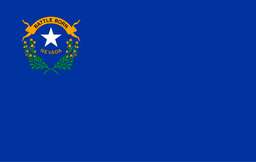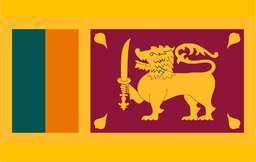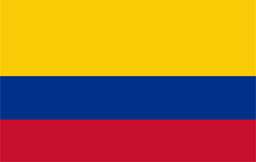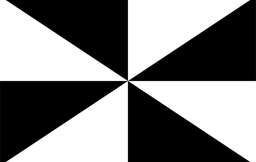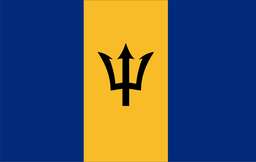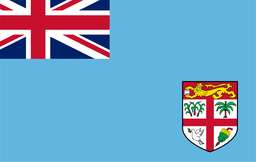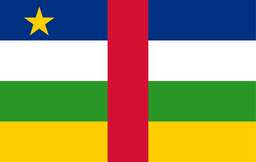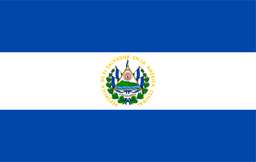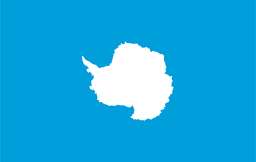Central America boasts the little country of El Salvador. Its rich history reaches thousands of years.
Etymology
The name "El Salvador" in Spanish signifies "the saviour". Arriving in the 16th century, the Spanish colonists presented it to their country.
Prehistoric El Salvador
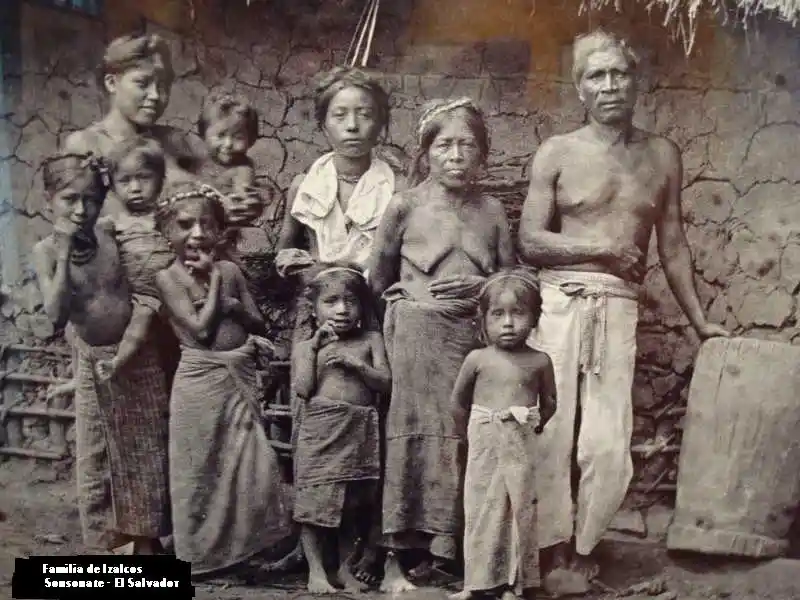
Before the Spanish came, several ancient societies, including the Lenca, Pipil, and Cacaopera, called El Salvador home. These societies were social systems experts as well as metalworkers, potters, and farmers.
Pre-Columbian Era
Before Spanish colonists came, several native tribes—including the Pipil, Lenca, and Cacaopera—called the territory now known as El Salvador home. Expert growers produced goods such as beans, cocoa, and corn using creative farming methods. Pedro de Alvarado was a Spanish adventurer who arrived at El Salvador with his army in 1524. Though they valiantly fought the Spanish invasion, the indigenous people were at last driven. This started El Salvador's Spanish colonisation.
European arrival (1522)
After more than 300 years under Spanish rule, El Salvador joined the Captaincy General of Guatemala when the Spanish arrived. For the native people during this time, diseases brought by the Europeans and forced labour caused great hardship.
Spanish conquest of El Salvador
Starting a massive rebellion against Spanish rule in 1525, the Pipil tribe was led by Atlacatl, their chief. Still, the Spaniards controlled El Salvador for centuries and put down the rebellion. Many of the indigenous people's practices were destroyed when they were compelled to convert to Catholicism, therefore eradicating their way of life.
Colonial period (1525–1821)
El Salvador was essentially an agricultural culture throughout the colonial period; in the 19th century, coffee output became a major commercial industry. Apart from multiple upheavals against Spanish control, the nation underwent several revolutions, including the 1811 Independence movement headed by priest José Matías Delgado.
Independence from Spain (1821)
Along with other Central American nations, El Salvador announced on September 15, 1821, their independence from Spanish domination. Officially, nevertheless, El Salvador only acquired its freedom in 1839 when it allied with Honduras and Nicaragua to create the United Provinces of Central America.
20th century
In El Salvador, early in the 20th century, social issues and political unrest dominated the scene. From this, military governments most famously developed under General Maximiliano Hernández Martínez, who ruled El Salvador from 1931 until 1944. El Salvador had over twelve years of civil war (1979–1992) in the later half of the 20th century, apart from millions of displaced people, government and communist guerrilla forces engaged in fighting, resulting in thousands of deaths.
La Matanzas
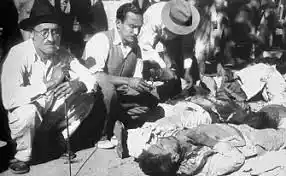
Among the worst tragedies El Salvador has ever experienced is La Matanza, sometimes known as "The Massacre." To demonstrate the oppressive regime, indigenous people were killed in 1932.
Salvadoran Civil War (1979–1992)
Political and social conflict drove the El Salvador civil war; the government got US help while leftist guerrilla organisations obtained support from Cuba. It stopped once a peace accord was under negotiation, therefore ending the war.
Post-war (1992–2019)
El Salvador suffered political corruption, poverty, and high crime following the civil war. Regarding crime rates and economic growth, the country has lately shown rather significant improvement.
One-Party State (2019–now)
2019 saw him become president of El Salvador following the Nuevos Ideas party's congressional majority securing. This calls into question democracy and dictatorship.
Geography
With an 8,124 square mile (21,041 square kilometre) total land area, El Salvador is the smallest nation in Central America. Guatemala borders the west; Honduras from the north and east; from the south, the Pacific Ocean. Mountains, volcanoes, forests, and beaches all abound in this diversified nation. It also covers normal natural events, such as earthquakes and storms.
Climate
El Salvador's tropical temperature dictates two seasons: dry from November to April and wet from May to October. The Pacific Ring of Fire exposes the nation to storms and floods, among other natural calamities.
Culture
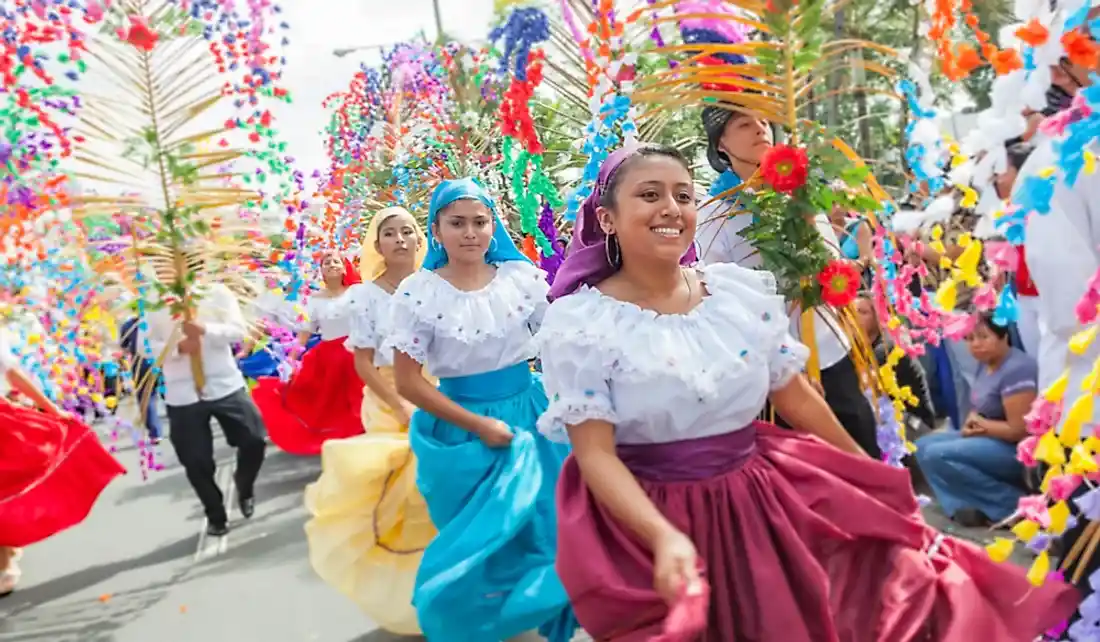
El Salvador honours a diverse culture, combining indigenous rights with Spanish inspirations. Mostly with European and indigenous backgrounds, most people identify as mestizo. Although some prominent Protestant and evangelical organisations exist, Catholicism is the most widely followed religion. One of the most important cultural events in El Salvador, the Day of the Dead festival, brings families together to honour their lost loved ones on November 2nd.
Flora and fauna
With around 17,000 kinds of plants and animals, El Salvador is rather rich. Two of the several threatened species are the Central American tapir and the red spider monkey. Birdwatchers also know the country for its excellent species variety.
Economy
Mostly relying on agriculture and exports, particularly coffee, sugar, and textiles, El Salvador's economy is, although in recent years, the country has been trying to diversify it by promoting tourism and investing in other industries such as electronics and manufacturing.
Government and politics
Under the presidential representative democratic republic type of government used in El Salvador, the president is the head of state and head of government. Although the nation boasts a multi-party system, recent years have raised questions about corruption inside the dominant party and authoritarian tendencies.
Political Aspects
The aftermath of the civil war and the influence of foreign powers, especially the United States, defined El Salvador's political scene. Though political polarisation and violence have long been traits of the nation, movements toward stability and reconciliation have emerged recently.
Military
Having taken part in multiple coups and violations of human rights during the civil war, the military in El Salvador is significantly important in the history of the country. The military has been progressively cut following the signing of the peace deal in 1992; today, its main priorities are national security and disaster assistance.
Human rights
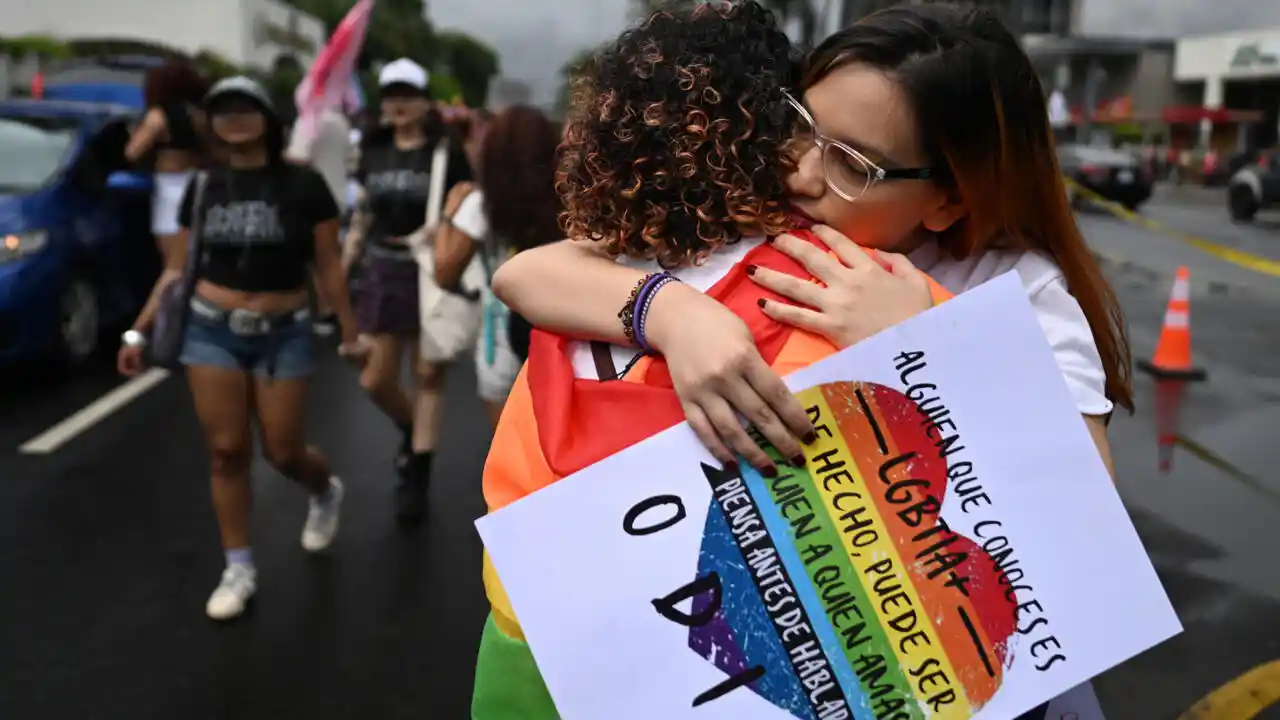
About human rights, El Salvador presents a mixed picture. Though the country has made progress toward gender equality and addressing past trespasses, corruption, violence against women, and LGBTQ+ persons still persist there, as well as a lack of justice for underprivileged groups.
Tourism
El Salvador features a growing tourism industry with its beautiful beaches, rich culture, and historical sites bringing visitors from all around the globe. The country still suffers, in the meantime, from promoting eco-friendly travel and modernising infrastructure to accommodate more tourists.
Religion
As was already mentioned, Catholicism is the most followed religion in El Salvador. But the increasing number of evangelical and Protestant churches in recent years has created strife among the many religions.
Education
Since the end of the civil war, El Salvador's educational system has come a long way with projects toward universal primary education and more access to secondary school. Especially for poor groups, access to high-quality education is still challenging.
Languages
The official language of El Salvador is Spanish since over 90% of its people speak it as their first tongue. Still, a tiny minority of individuals speak Lenca and Nahuatl, indigenous languages.
Cuisine
El Salvador's cuisine shows both Spanish and indigenous elements; delicacies include fried cassava with pig and yucca with chicharrón and stuffed maize tortillas. Apart from that, the nation is well-known for its fine coffee beans and boasts a strong coffee culture.
Sports

With many professional teams and a good national squad, soccer is the most often played sport in El Salvador. Popular sports span from surfing to basketball and volleyball. The nation has also hosted Pan-American Games and Central American Games, among other international athletic events.





